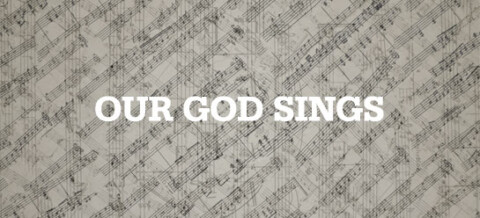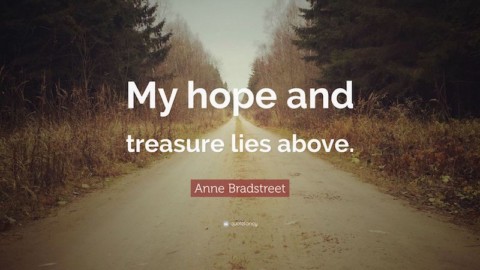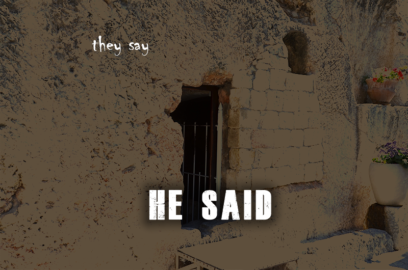When I look at your heavens, the work of your fingers, the moon and the stars, which you have set in place, what is man that you are mindful of him, and the son of man that you care for him (Psalm 8:3–4, esv)?
Creation reminds us how little we are. When we stand on the shore of the ocean, we realize there are worlds underneath the waves. When we look up from the base of a mountain, we are reminded, “Before the mountains were brought forth, or ever you had formed the earth and the world, from everlasting to everlasting you are God” (Psalm 90:2).
Those seemingly ageless mountains had a clear beginning, created by God who has no beginning or end. It is the infinite that reminds us we are finite. We hear the awe in the psalmist’s voice when he marvels at the expanse of the heavens, the majestic work of God’s hands, and His personal care despite our smallness.
When God’s handiwork reminds us how little we are, we experience His transcendence. A true encounter with the God of the universe is not at all belittling. Rather, His transcendence makes us feel gladly small, perfectly puny, and happily assigned to our insignificance and place.
We need to be brought down to our proper proportion before an awesome God. To a race whose root sin is pride, transcendence offers a healthy dose of insignificance. It is a wonderful, freeing discovery.
The sum of human knowledge is fractional and miniscule; what we do know should remind us of how little we know. God not only established but also “upholds the universe by the word of his power” (Hebrews 1:3). There are great mysteries surrounding how He holds all things together. Some things are unknowable, and only a fraction of what is knowable has been discovered. Even the most learned people must acknowledge the vastness of what we do not understand.
What’s true of the cosmos God spoke into being is also true of the Bible, which He wrote. The Scriptures are vast and deep, and how little we know of the layers of revelation. Moses reminds us, “The secret things belong to the Lord our God, but the things that are revealed belong to us and to our children forever, that we may do all the words of this law” (Deuteronomy 29:29).
The more we study God’s Word, the more the Holy Spirit opens our eyes to new and powerful truths overlooked the first, fifth, and fiftieth times we read a passage. In those moments, we experience transcendence. The humble awareness of our own limitations invites awe in the Creator who knows the end from the beginning and everything in between.
Experiencing transcendence helps you accept that there is One who exists outside the boundaries of human knowing. “Oh, the depth of the riches and wisdom and knowledge of God! How unsearchable are his judgments and how inscrutable his ways” (Romans 11:33)! You can never figure God out, but you can hear His call to bow before Him and serve Him as the true center of the universe.
Let every experience of His transcendence diminish any false sense of personal sovereignty, and lead you to resign as the chairman of the board of your own life.
JOURNAL
- When have you experienced transcendence—a true encounter with the God of the universe that made you feel gladly small?
- Read Psalm 8:3–4 again. Considering His greatness and your own minuteness, what specific areas or issues do you need to yield to His sovereign control?
PRAY
Lord God, how good it is for me to consider Your vast size, knowledge, and power. It is the only way to gain the right perspective on my relative ignorance and powerlessness. As I experience Your transcendence, let it lead me to accepting my proper place under Your sovereignty. In awe I praise You, humble myself before You as Lord, and surrender my life. You are unsearchable, God, and the secret things belong to You. Thank You for letting me find my place in relation to You. In the powerful name of Your only Son, Jesus, amen.
Tags: ChristianReaction:











